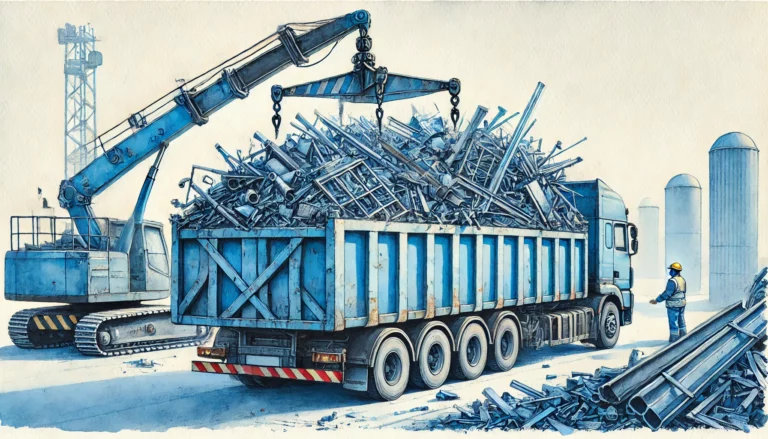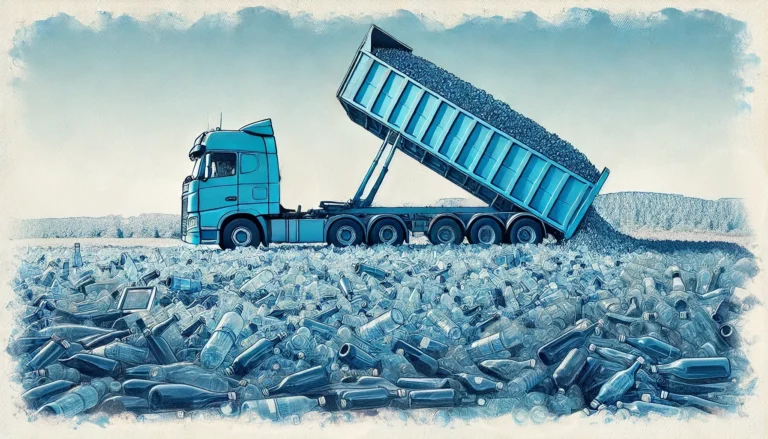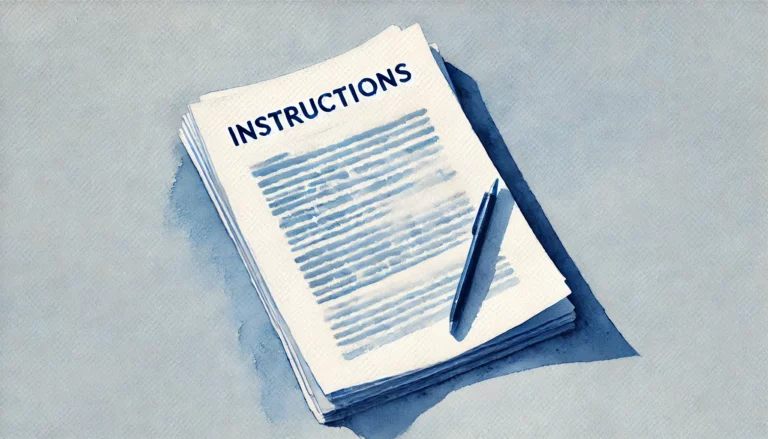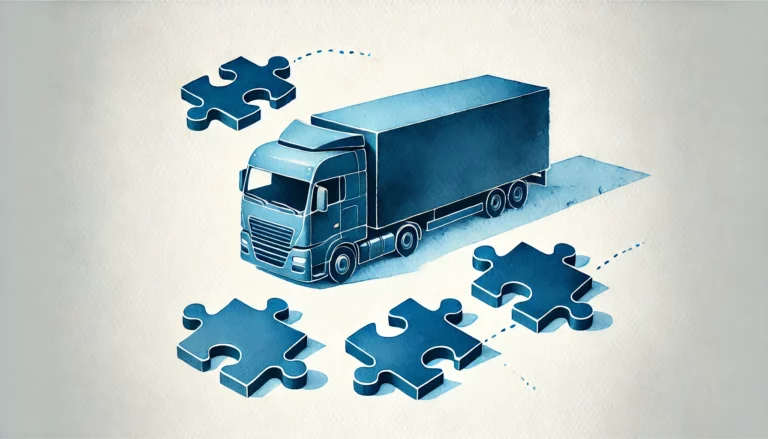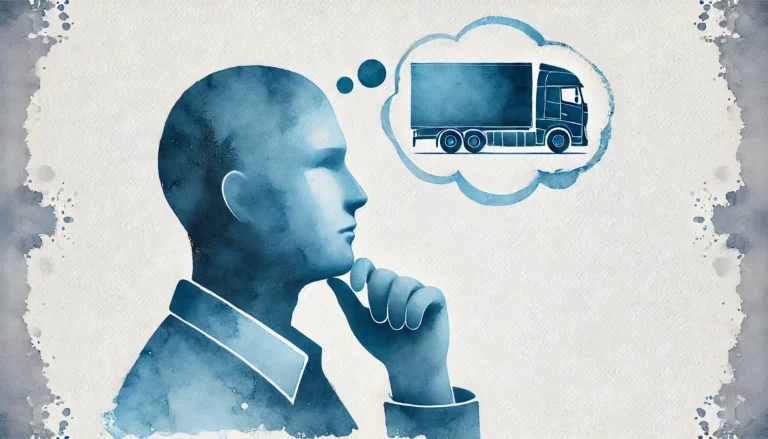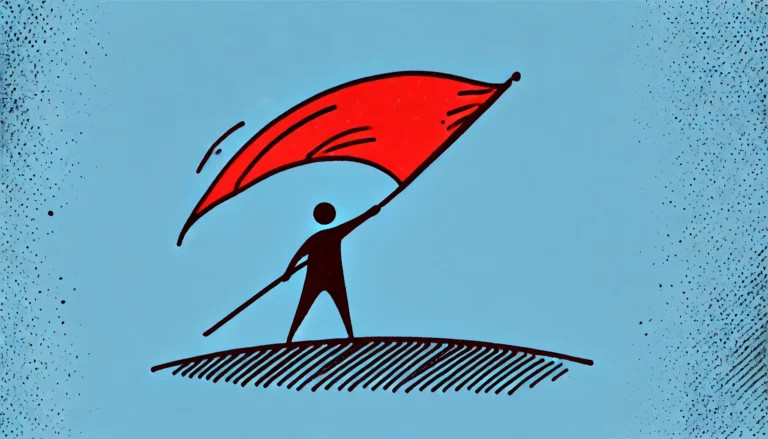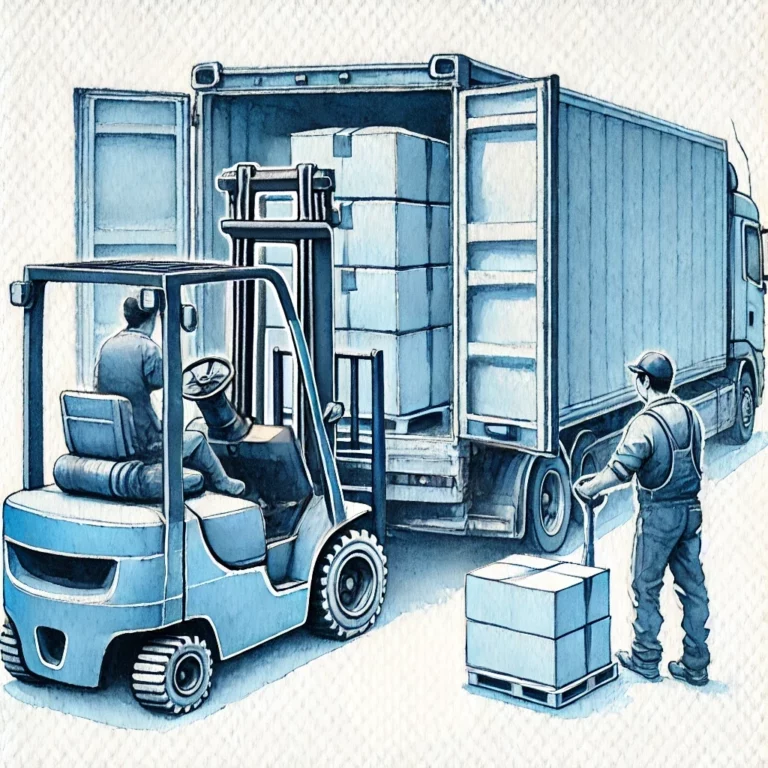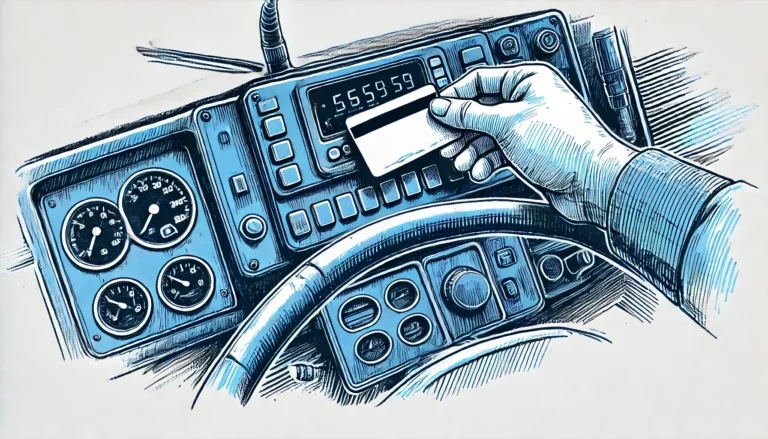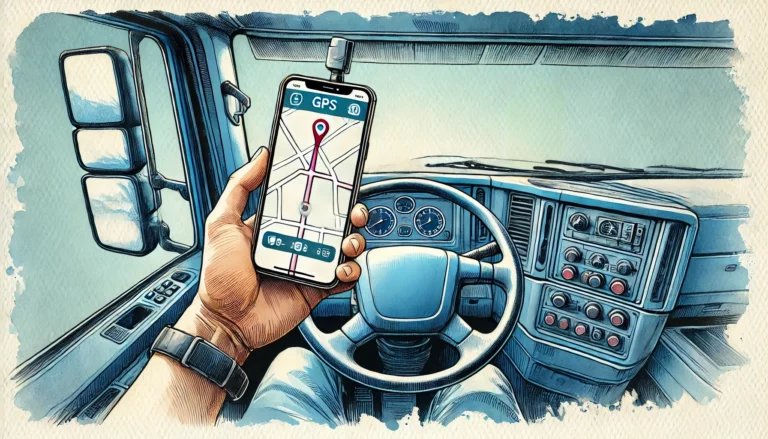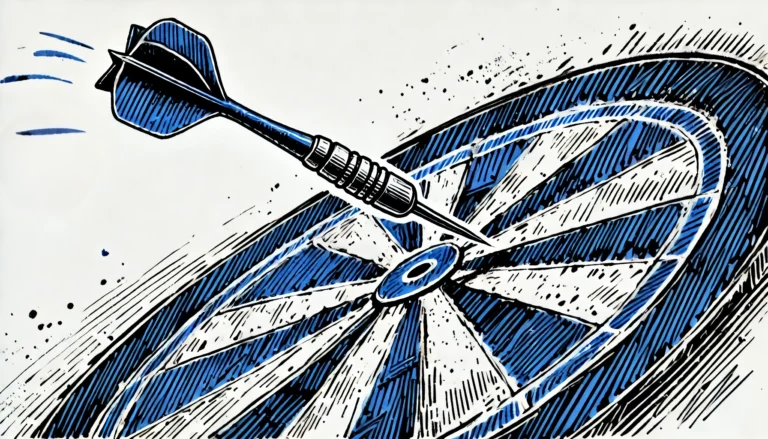Metal waste vs. scrap: exporting and recycling across Europe
Metal waste is more than just scrap—it’s a critical resource fueling Europe’s transition to a circular economy. With rising demand from industries and tighter EU regulations, exporting metal waste for recycling requires more than good intentions. This guide walks you through the essential steps, challenges, and opportunities for turning metal waste into value—legally, efficiently, and…

